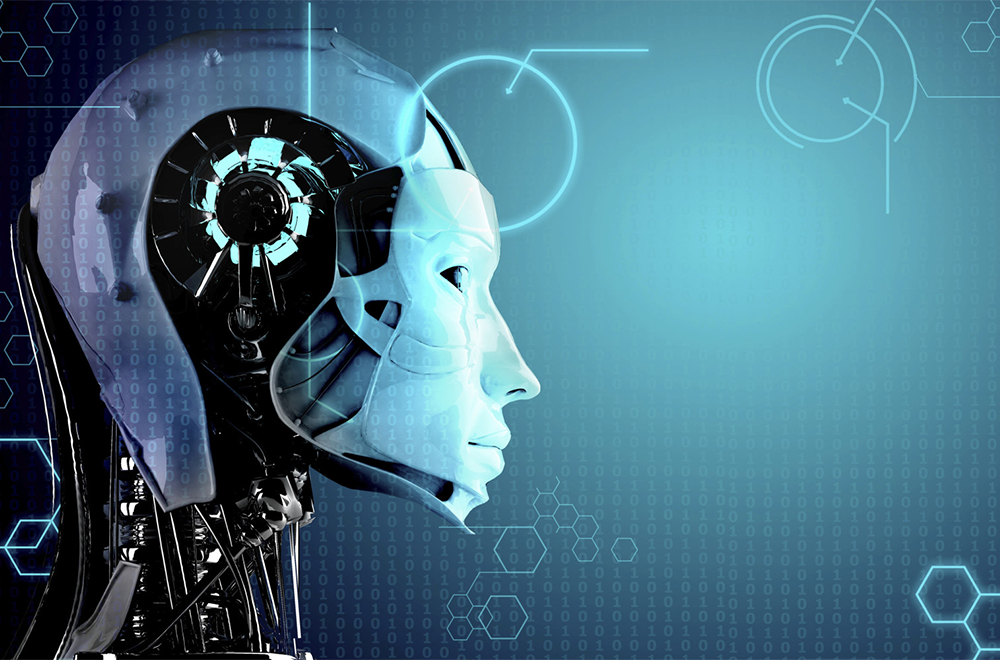Artificial Intelligence (AI) is changing the way we work and live. From chatbots to self-driving cars, AI is transforming industries and creating new job opportunities. However, as AI advances, it also poses a significant threat to traditional jobs. In South Africa, where the unemployment rate is already high, AI could exacerbate the job crisis. To stay ahead of the curve and thrive in a rapidly changing job market, South African professionals need to adapt and upskill. In this article, we’ll explore the impact of AI on traditional jobs, the skills that will be in demand in the age of AI, and strategies for staying relevant.
What is AI and how is it changing the job market?
AI is a broad term that refers to the ability of machines to mimic human intelligence. AI includes machine learning, natural language processing, and computer vision. AI is already changing the job market in several ways. For example, AI-powered chatbots are replacing customer service representatives, and self-driving cars are eliminating the need for truck drivers. AI is also creating new job opportunities, such as data scientists and AI engineers.
The rise of AI is driven by several factors, including the availability of big data, advances in computing power, and the development of new algorithms. AI is expected to continue to advance rapidly, leading to more job displacement and the creation of new jobs.
The impact of AI on traditional jobs in South Africa
In South Africa, the impact of AI on traditional jobs is already being felt. According to a report by Accenture, up to 35% of jobs in South Africa could be automated by 2035. This includes jobs in the manufacturing, transportation, and retail sectors. The report also found that the adoption of AI could lead to the creation of new jobs, particularly in the healthcare and education sectors.
The impact of AI on traditional jobs is not limited to low-skilled or manual labor jobs. AI is also affecting high-skilled jobs, such as law and accounting. For example, AI-powered software can now review legal documents and contracts, reducing the need for human lawyers to perform these tasks.
Skills that will be in demand in the age of AI
As AI advances, certain skills will become more valuable in the job market. These include:
- Creativity and innovation
- AI is good at performing routine tasks, but it struggles with tasks that require creativity and innovation. Jobs that require creative problem-solving, such as marketing and design, will be less likely to be automated.
- Emotional intelligence
- Jobs that require emotional intelligence, such as counseling and social work, are less likely to be automated. AI struggles with tasks that require empathy and human connection.
- Critical thinking and decision-making
- AI can analyze data and provide insights, but it struggles with tasks that require critical thinking and decision-making. Jobs that require these skills, such as management and strategy, are less likely to be automated.
- Technical skills
- AI is creating new job opportunities in the fields of data science, AI engineering, and machine learning. These roles require technical skills, such as programming and statistical analysis.
Strategies for staying ahead of the curve
To stay ahead of the curve in the age of AI, South African professionals need to adapt and upskill. Here are some strategies for staying relevant:
- Upskilling and reskilling
- South African professionals should invest in upskilling and reskilling to stay relevant in the age of AI. This could include taking courses in data science, programming, or digital marketing. There are many online courses and bootcamps available that can help professionals learn the skills they need to stay ahead.
- Embracing new technologies
- South African professionals should embrace new technologies and look for ways to incorporate them into their work. This could include using AI-powered tools to automate routine tasks or adopting new communication tools that make remote work more efficient.
- Networking and collaboration
- Networking and collaboration are essential in the age of AI. South African professionals should look for opportunities to collaborate with others in their industry and share knowledge and resources.
Addressing the ethical concerns around AI and job displacement
The rise of AI has led to concerns about job displacement and the ethical implications of AI. South African professionals should be aware of these concerns and advocate for policies that protect workers and ensure that the benefits of AI are distributed fairly. This could include policies that provide retraining and support for workers who are displaced by AI.
AI is changing the job market in South Africa and around the world. While AI has the potential to create new job opportunities, it also poses a significant threat to traditional jobs. To stay ahead of the curve and thrive in a rapidly changing job market, South African professionals need to adapt and upskill. By investing in upskilling and reskilling, embracing new technologies, and collaborating with others in their industry, South African professionals can future-proof their careers and stay relevant in the age of AI.
